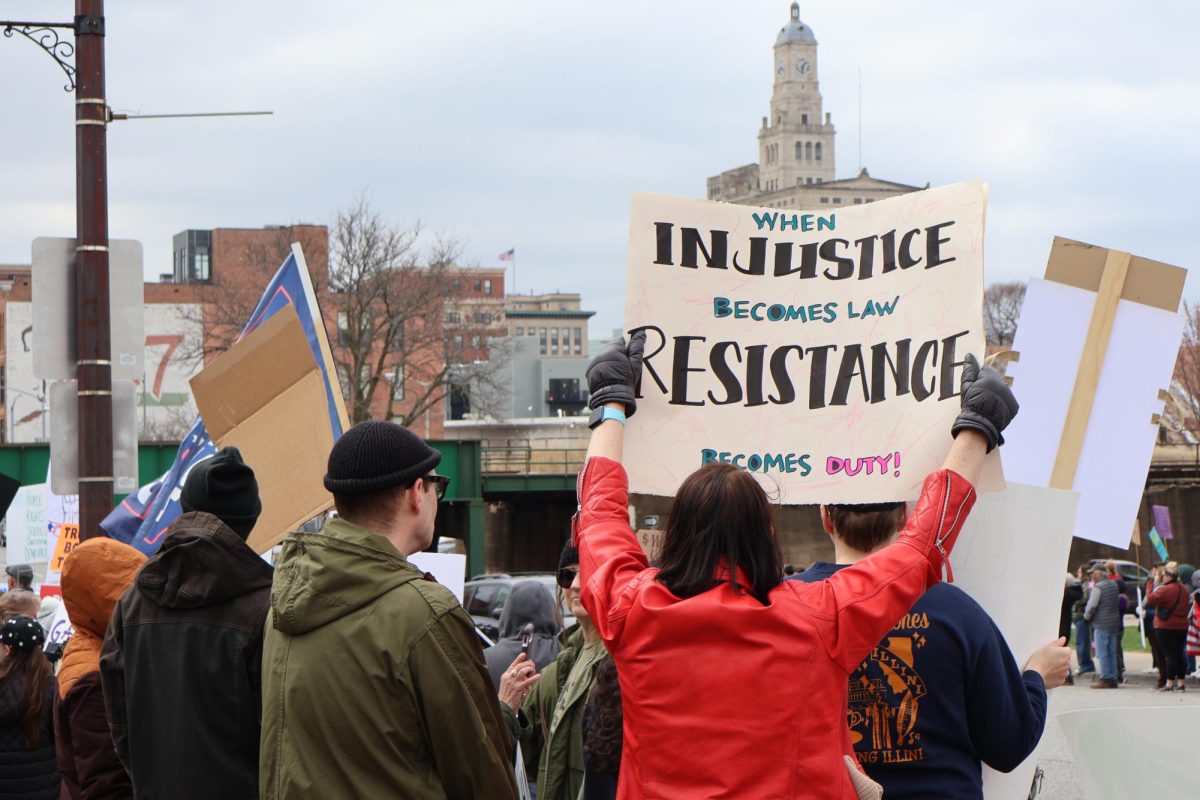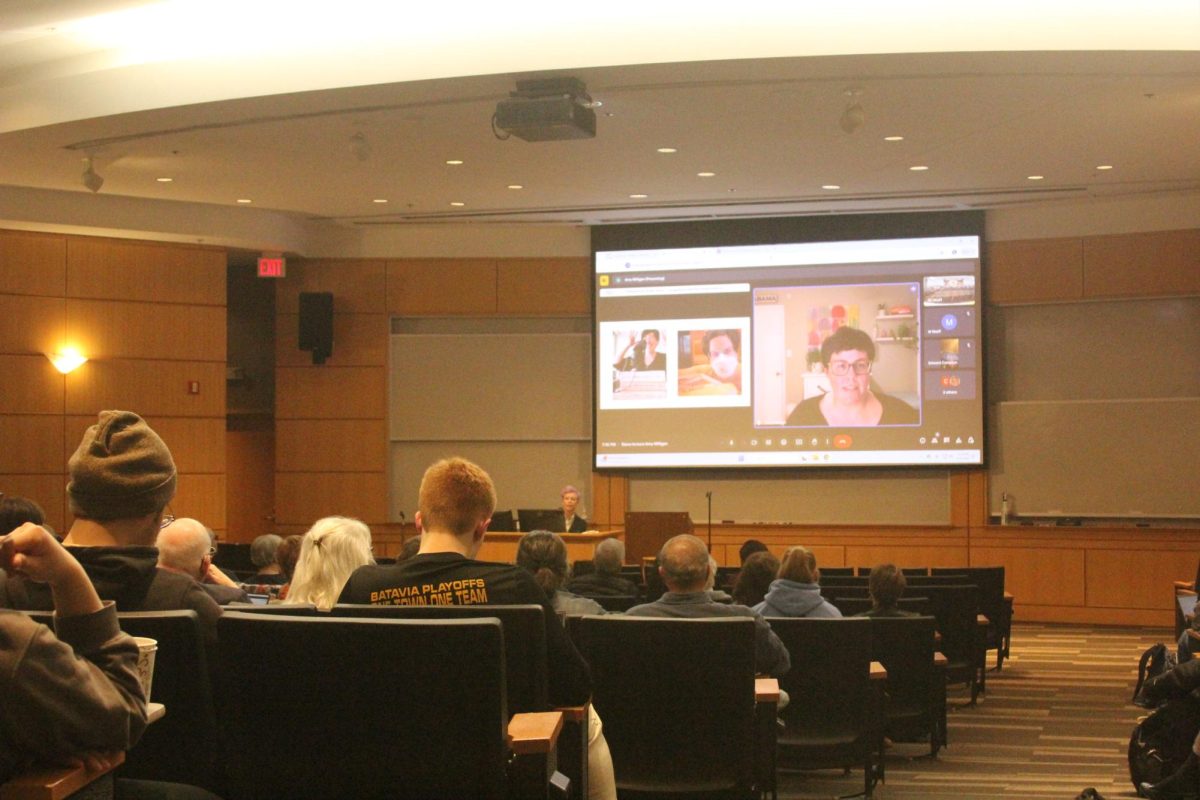Acting positive all the time can make a person seem more likeable, but forced positivity can do more harm than good. Expressing positivity isn’t and shouldn’t be seen as a bad thing. However, when it is put before one’s ability to express other feelings, it can become what’s known as toxic positivity.
Toxic positivity is very prevalent on college campuses, something I have seen as a first generation student here at Augustana within my friend group and on social media. Due to the negative impact it poses on other emotions, colleges should take action to promote healthy ways students can process their emotions.
Toxic positivity is where specific emotions are disregarded by the addition of a positive twist. Sayings such as “look at the bright side,” or “things could be worse” can belittle a person’s feelings and see their emotions as not valid.
A great example of toxic positivity is from the Disney Pixar movie “Inside Out.” Throughout the film, the main character, Riley, always acts happy due to the emotion, Joy, being in constant control of Riley’s emotions. Later in the movie, Joy realizes that Riley needs Sadness to have a healthy relationship with her emotions.
Being a first generation college student has its ups and downs when it comes to the opportunities made available as every day is not sunshine and rainbows. Being first generation can place a lot of stress and pressure on a student, forcing us to seem positive even when the things we are facing are difficult.
This is my final year at Augustana, so there is a lot to get done in such little time. It’s not a shocker that stress has been weighing me down. Normally I’m a positive person, but there have been multiple times when I felt like I could only show myself as being happy and never anything else. Other students and I must acknowledge that expressing emotions other than happiness is just as valid.
When someone is positive all the time, no matter the circumstance, they suppress other emotions that are just as important as being happy. Presenting oneself as carefree during a stressful or traumatic situation may be seen as a way to soothe others, but it only hurts the person expressing it.
In society, showing anger and sadness is seen as a bad thing and people need to find a quick fix so they can be happy again. Unfortunately, there is no quick fix in the real world.
For Augustana students, there are the school therapists and TAO, an online counseling service for those who may not want to physically go out or are hesitant. By using these, students can better understand their emotions and better regulate any toxic positivity that may be from friends or themselves.
Toxic positivity can become harmful if not taken seriously. For instance, if someone is in an abusive relationship and says that everything is good and continues to take the abuse, that is toxic positivity.
Ways to combat toxic positivity include acknowledging your other emotions and understanding that they are just as important and valid. Talking to trusted friends and people, such as the school counselors or TAO, and seeking support from those you know won’t judge you.






































































































